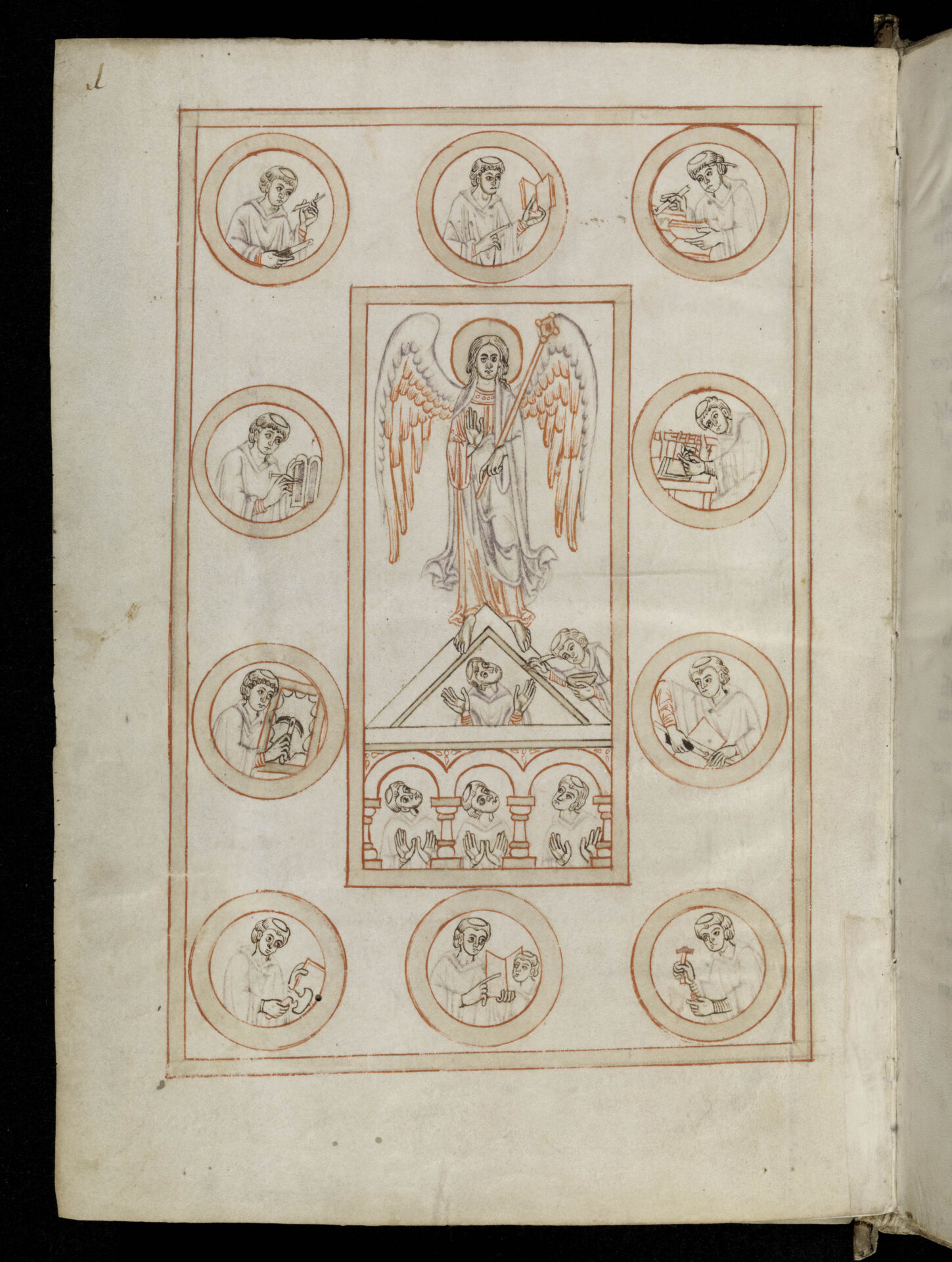
Our themes
Knowledge Orders has four broad themes, designed to work
across specialist fields and to address significant aspects of manuscript cultures:
A Technologies of knowledge (materiality, writing systems, layout, accounts, numerals, diagrams, ciphers) — how the raw materials of (e.g.) animal skin and recycled rags were turned into books and documents which recorded and represented knowledge: those processes had the potential to facilitate and also intentionally to limit communication.
B Embodied knowledge (scribal careers, training, personal mobility, professionalization, language, gatekeepers) — how humans shaped, interacted with, controlled, and were confined and oppressed by the structures of knowledge they created. The knowledgeable could subvert as well as sustain hierarchies.
C Systems of knowledge (archiving processes, witness, memory, reading practices, recall, authenticity, compilation) — both physical (the ordering of archives and libraries) and mental (memory, reading practices); they ensure that knowledge endures across generations while also (as in the modern era) creating hierarchies of knowledge.
D Chronologies of knowledge (innovation, continuity, engagement with the past, responses to the present, reuse, forgery) — how the ordering of knowledge shifted across the longue durée of the handwritten, and how modernity privileged and discarded elements of this heritage. Against modernity’s assumptions of linear progress, these chronologies involve multiple moments of looking back, archaising in honest imitation or as acts of forgery.